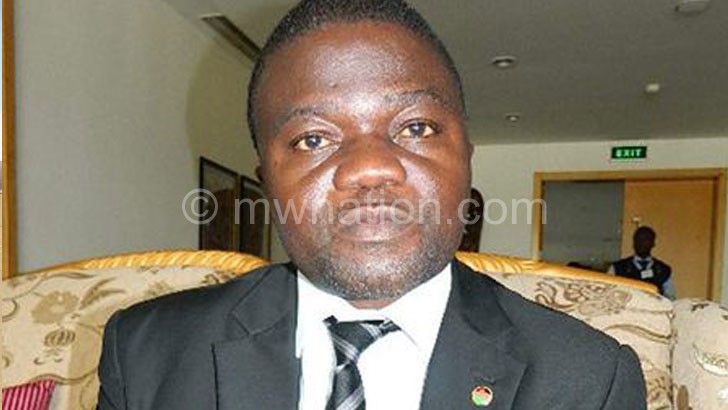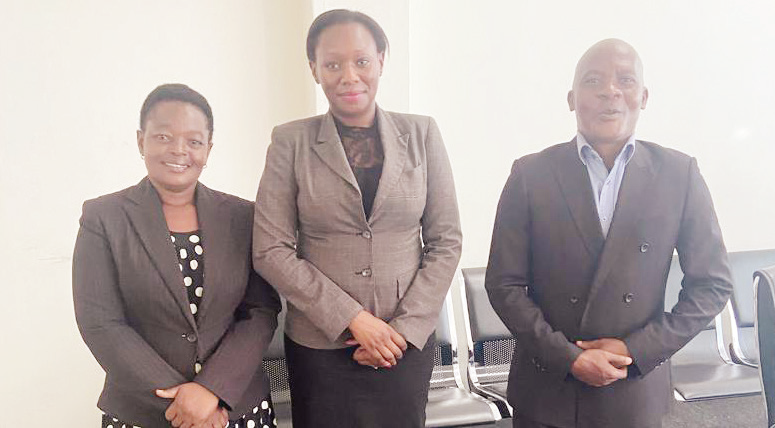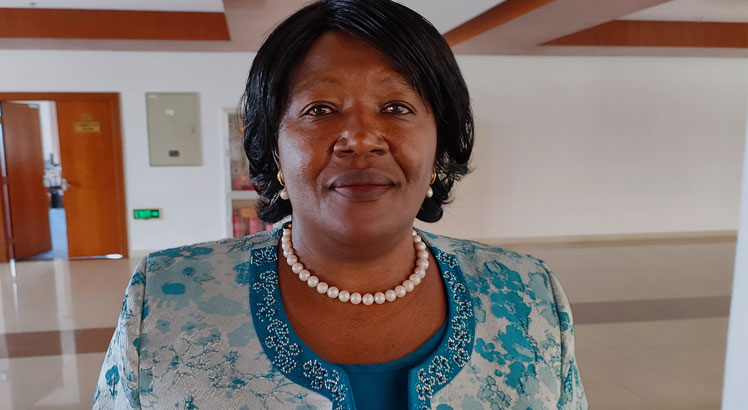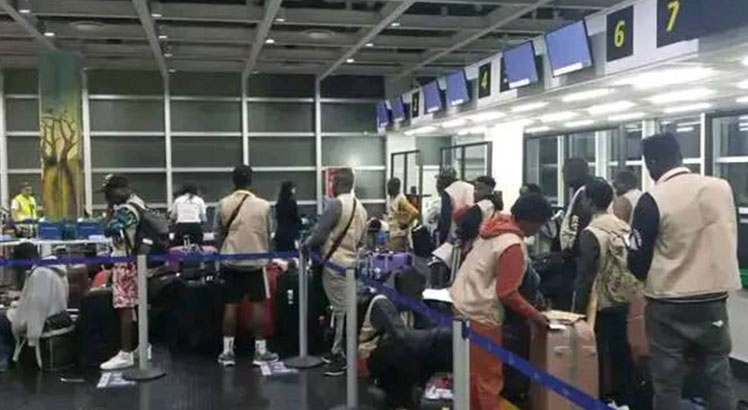Can of worms for new HIV plan
The Ministry of Health (MoH) last week went ahead to launch a new HIV policy known as the Test and Treat Policy in anti-retroviral therapy (ART) before addressing critical issues of concern as highlighted by the 2016 Global Fund report.
Some of the critical problems highlighted in the report are non compliance with the national HIV guidelines, lack of training for staff to implement the programme and failure to conduct confirmation tests before inducting new people on the ART.
The report also notes lack of effective monitoring of people under treatment, failure to test HIV-exposed infants and children within the recommended timeframes, inadequate monitoring of CD4 counts and viral load testing for HIV patients, and inconsistent testing before initiation of anti-retroviral therapy.

It also says there is inadequate laboratory monitoring of treatment for people living with HIV (PLHIVs), inconsistent compliance with HIV guidelines such as routine re-testing of people with HIV and that 61 percent of the 211 622 people who had been initiated on ART during the period under audit had not been retested.
It also mentions lack of training for all HIV Testing Services (HTS) providers which are supposed to be conducted twice a year where it was discovered that 33 percent of the HTS providers in 30 facilities had not been trained for one year.
The ministry has also been dogged by shortage of drugs due to, among other things, lack of funding and pilferage and erratic supply of testing equipment and untrained human resource.
The new policy requires all people tested HIV positive to be immediately put on ART. The launch also means all HIV positive people who were already tested and were put on the waiting list will be inducted on treatment including all new clients tested positive from the day of policy launch.
Highly placed sources in the MoH confided to the Weekend Nation this week that the ministry’s plan to train over 2 000 health workers in readiness for the new ART protocol has hit a snag due, among other setbacks, to staff refusal to be trained on full board mode.
Under the full board mode introduced over two years ago, participants are allowed to eat and sleep in a hotel but are not given daily subsistence allowances (SDAs).
The launch before addressing the problems has raised fears among some health rights activists that the move will victimise people already on ART.
By December 2014 Malawi had 533 027 people on ART while about 600 000 were yet to be initiated on to treatment, according to The 2015 Global Aids Response Progress Report released in July 2016.
The Ministry of Health budget lines in the 2016/2017 government financial plans do not explicitly show how much has been allocated to the programme while reports indicate that government is banking on the Global Fund money to implement the initiative.

house in order
In an interview on Wednesday, former Director of MoH’s HIV/Aids Department Dr. Frank Chimbwandira, who was in charge when the system was being developed, insisted that donor partners were fully supportive of the initiative.
“I know the Global Fund has committed themselves to support us and so is the US government. We feel that if infected people are initiated early on treatment it will help to avoid the development of multiple illnesses which are not only difficult to heal but also expensive,” he said.
But College of Medicine’s professor of Epidemiology and Public Health Adamson Muula while hailing the new concept as a good initiative to stop the further spread of HIV/Aids, admitted that challenges would be inevitable.
“But suffice to say the system is not perfect, the challenges remain enormous. The problem of funding is an old one and that is why we need more partners to come in and assist,” he said.
Muula further said in-service training has always been a problem for the MoH.
“People are being trained all the time sometimes on issues that they can learn on their own,” he said.
He, however, said that Malawi already has over 500 000 people on HIV treatment for whom no training is required.
He said: “It is the extra 500 000 people who are HIV infected and were either not aware of their infection or not accessing treatment for previous barriers that we should focus on. We could start by inviting those that knew their HIV status but were not on treatment for one reason or another to be among the first to join the treatment group.”
Muula, however, praised the new system saying it gives the country a chance to contain the further spread of the virus and at the same time manage the disease.
Minister of Health Peter Kumpalume acknowledged the concerns raised by Global Fund but hinted that the ministry has enough capacity to handle swelling figures of people seeking ART services.
“There is no country in the world that has done well in the fight against HIV/Aids as we have done. If you look at the amount of money we have received and the number of people that we have reached. Comparing with other countries who have received more money than us, our programmes have been more significant.
“I have no doubt that we have got everything in place. The issues that the Global Fund has raised are not synonymous to Malawi. They are everywhere across the globe. It is their job; they want everything to run smoothly,” he said.
According to the National Aids Commission (NAC) estimates published in August 2015, the introduction of free ART has averted over 200 000 deaths, including about 37 000 in 2014 alone.
Health rights activists Maziko Matemba in an interview on Tuesday demanded for more robust and articulate response from stakeholders to the gaps in the policy to ensure that people on ART should not be victimised.
Said Matemba: “This issue is a very critical one considering it borders on over a million lives of Malawians being at stake. If the implementation of this policy is faulty, the repercussions will be great. We have taken the right direction as a country but we needed to put our house in order first.” n





